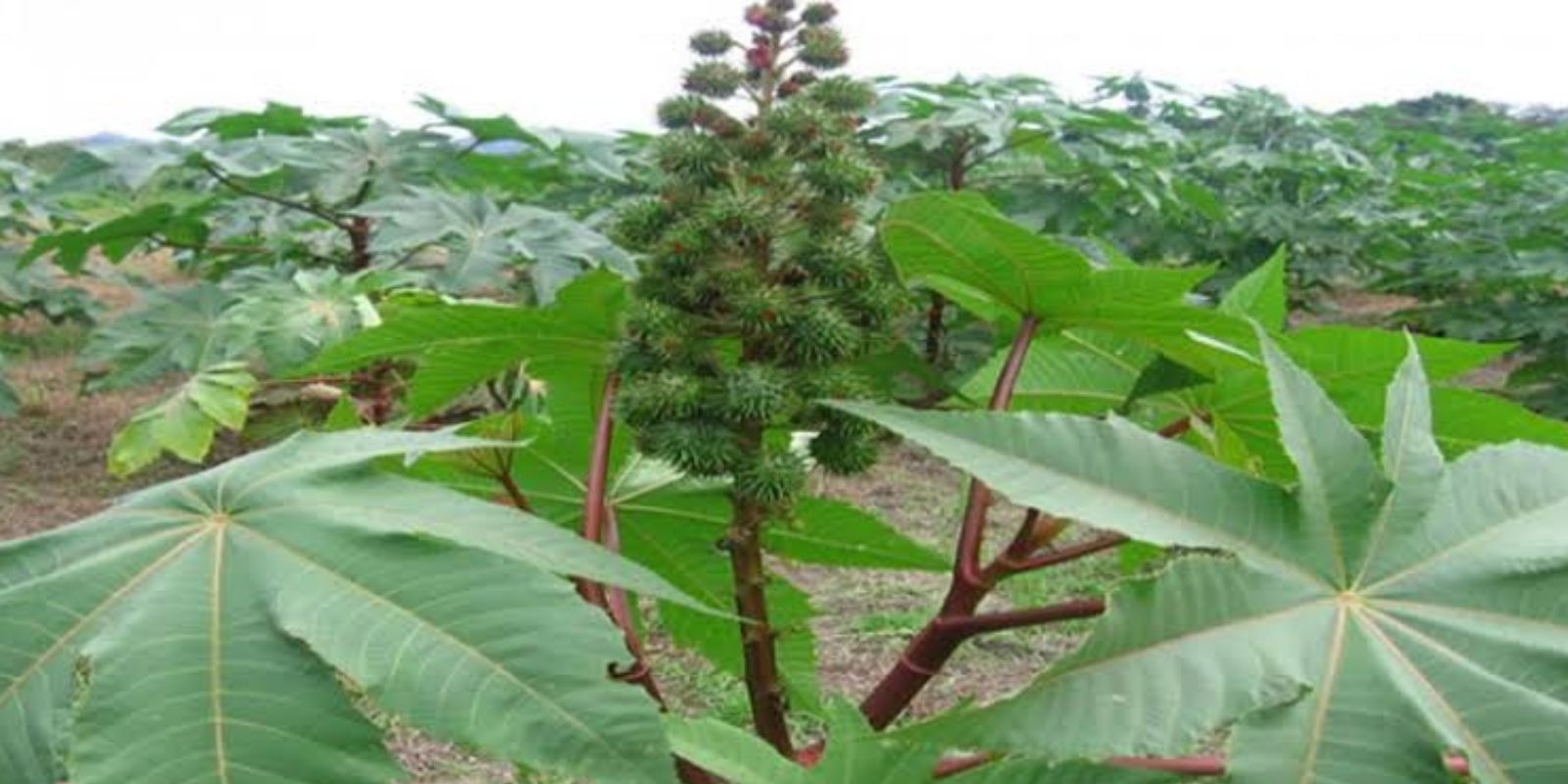Castor farming is emerging as one of the most lucrative agricultural ventures in Nigeria, thanks to its vast market potential and the wide range of industrial and medicinal applications of castor oil. Known as the “miracle seed,” castor plants hold immense economic value, offering farmers and investors a sustainable and profitable opportunity. With Nigeria importing over N30 billion worth of castor oil annually, there’s a growing need for local production, making castor farming an untapped goldmine.
This comprehensive guide will explore the steps, benefits, and strategies to succeed in castor farming, ensuring you can make the most of this promising agricultural business.
Why Castor Farming?
Castor farming offers immense opportunities due to the versatility of castor oil, derived from its seeds. The oil is used in over 1,000 applications, ranging from cosmetics, pharmaceuticals, and lubricants to biodiesel production. The global demand for castor oil continues to grow, with an estimated domestic consumption of over 300,000 tonnes annually.
Some reasons to consider castor farming include:
- High Profitability: A farmer can earn up to N50 million on 10 hectares of land over seven years.
- Favorable Climate: Nigeria’s arable land and climatic conditions are ideal for castor cultivation.
- Diverse Applications: Castor oil has over 80 health benefits and countless industrial uses.
- Sustainability: Castor farming is environmentally friendly and can be integrated into other farming systems.
How to Start Castor Farming
1. Land Preparation
The success of castor farming starts with proper land preparation.
- Site Selection: Choose fertile, well-drained soil with adequate sunlight exposure. Castor plants thrive in tropical climates with moderate rainfall.
- Clearing the Land: Remove weeds, bushes, tree stumps, and debris that could hinder plant growth.
- Soil Tilling: Loosen the soil to improve drainage and allow roots to penetrate easily.
2. Seed Selection and Planting
The quality of seeds plays a crucial role in the yield.
- Choosing Seeds: Select disease-free, mature seeds from a healthy parent plant.
- Planting Depth and Spacing: Sow seeds 7 cm deep, maintaining a spacing of approximately 1 meter between plants to ensure proper growth and nutrient access.
- Timing: Plant seeds at the beginning of the rainy season for optimal moisture availability.
3. Fertilization and Irrigation
Adequate nutrition and water are essential for healthy plants.
- Fertilizers: Use organic fertilizers such as compost or animal dung to enrich the soil. Industrial fertilizers can also be applied sparingly.
- Watering: While castor plants are drought-resistant, consistent irrigation during the early growth stages is crucial. Reduce watering 2-4 weeks before harvest.
4. Pest and Disease Management
Castor plants are relatively hardy but can be affected by pests and diseases if neglected.
- Regular Monitoring: Inspect plants frequently for signs of pests or diseases.
- Natural Solutions: Use neem oil or organic pest control methods to minimize chemical usage.
- Weeding: Regularly remove weeds to reduce competition for nutrients.
5. Maintenance Practices
Ongoing care will ensure healthy growth and high yields.
- Pruning: Trim damaged or diseased leaves to encourage new growth.
- Mulching: Apply mulch around the plants to retain soil moisture and regulate temperature.
- Crop Rotation: Avoid planting castor repeatedly on the same land to prevent soil depletion.
Harvesting and Post-Harvest Practices
When to Harvest
- Castor seeds are ready for harvest when the seed pods turn brown and begin to split.
- This typically occurs 4-5 months after planting, depending on the variety and growing conditions.
How to Harvest
- Manual Harvesting: Carefully cut the seed pods to avoid damaging the plants.
- Drying: Spread the harvested pods in a sunny area to dry, allowing the seeds to separate easily.
Storage and Processing
- Store seeds in a cool, dry place to prevent spoilage.
- Consider processing the seeds into castor oil, which has a higher market value than raw seeds.
Economic Benefits of Castor Farming
Castor farming offers unparalleled economic potential, both locally and internationally.
- Revenue Generation: A hectare of castor farm can yield up to 1,500 kg of seeds annually. With a growing market demand, farmers can secure high prices.
- Employment Opportunities: Castor farming and processing can create jobs across the value chain.
- Export Potential: Castor oil is a valuable export commodity, offering farmers access to international markets.
Challenges in Castor Farming and How to Overcome Them
- Limited Awareness: Many farmers are unaware of castor farming’s potential.
- Solution: Conduct community sensitization and training programs.
- Initial Investment Costs: Land preparation and inputs can be costly.
- Solution: Seek funding or grants from agricultural development programs.
- Pests and Diseases: Poor management can lead to reduced yields.
- Solution: Implement regular monitoring and use organic pest control methods.
- Market Access: Farmers may struggle to find buyers for their produce.
- Solution: Build networks with local and international buyers or cooperatives.
Tips for Success in Castor Farming
- Start small and scale up as you gain experience.
- Maintain detailed records of farming activities and expenses.
- Stay updated on market trends to maximize profitability.
- Network with other castor farmers to exchange ideas and resources.
Conclusion
Castor farming presents a unique opportunity to tap into a growing market while contributing to Nigeria’s agricultural development. By following the steps outlined above, you can establish a sustainable castor farm that generates significant income. The “miracle seed” holds the promise of transforming lives and boosting the agricultural economy.
Are you ready to start your castor farming journey? Share your thoughts or questions in the comments below and take the first step toward a profitable farming venture!
#CastorFarming #MiracleSeed #Agribusiness #SustainableFarming #NigeriaAgriculture #CastorOilProfit #GrowCastor #WealthInFarming #OrganicFarming #FarmingSuccess

